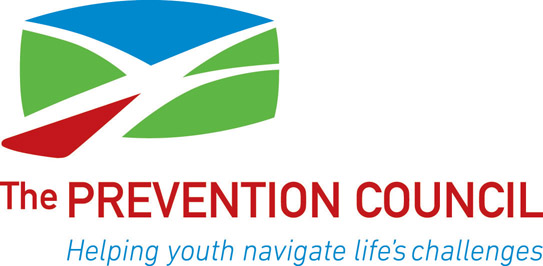June 19, 2011
Reader’s View
The Saratogian
Graduation season is here, and with it come graduation parties and a perennial question: Should parents help their children learn how to drink responsibly by allowing them to drink at home with supervision? According to new research, the answer is a definite no.
Many parents believe that if their kids have had no experience with alcohol before leaving home that they’ll drink to excess in college and put themselves at risk for alcohol poisoning, sexual abuse and who knows what other scary situations. But studies show this is false.
People often point to the more permissive drinking attitude in Europe as proof that allowing some underage drinking leads to less binge drinking by taking away alcohol’s “mystique.” But that’s simply not true.
The majority of European countries have a higher rate of teen drunkenness than the United States. In fact, a Dutch study on the “European drinking model,” in which kids grow up with a glass of wine around the family dinner table, has found that the more teens drink at home, the more likely they are to drink outside of the home and develop drinking problems later in life.
Twenty years ago, we didn’t know how badly teens’ brains were affected by alcohol. We now know that some of the last regions of the brain to mature are those that regulate judgment, critical thinking skills and memory. These are the areas most likely to be damaged by early alcohol use — especially heavy use.
Heavy alcohol use is common, especially among college students. Locally, 30 percent of grade 11 and 12 students at Saratoga Springs High School reported binge drinking in the past month. That’s 5 or more drinks in a row for boys, 4 or more in a row for girls.
A Penn State researcher recently found that the more parents condone underage alcohol use, the more kids drink. And conversely, when parents have a zero tolerance alcohol policy for kids, the less kids drink or binge drink in college. The study found that parents’ values and expectations still matter to kids, even when they leave home.
Study after study has shown that the best thing parents can do to prevent their children from drinking heavily at college, or from developing long-term drinking and learning and memory problems, is to promote a zero-tolerance drinking policy with their kids and to model responsible adult drinking behavior.
Heather Kisselback is executive director of the Alcohol and Substance Abuse Prevention Council, which has its office in Saratoga Springs.
